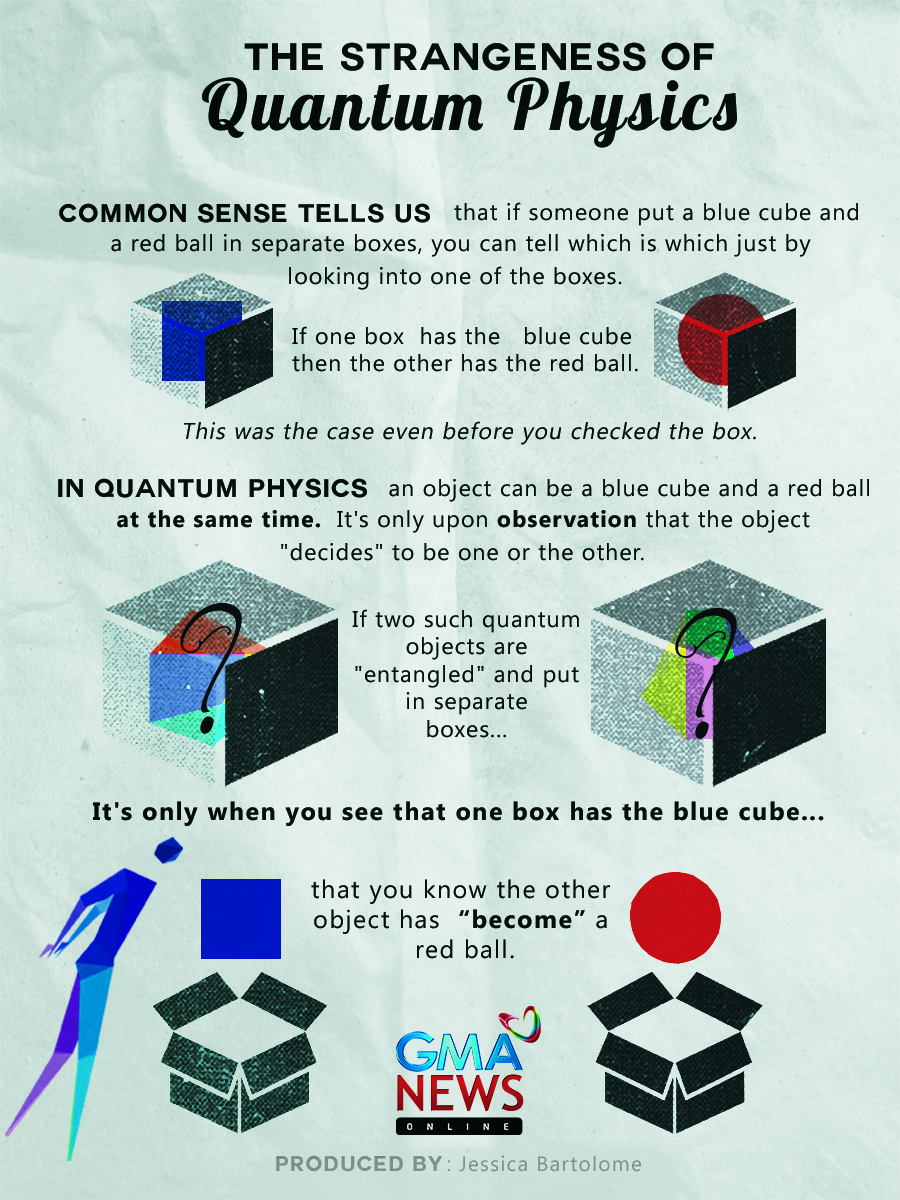

Physics is the most fundamental of the sciences, yet has multiple applications across a wide range of fields. Our department offers personal, individualized instruction where you can pursue your interests and gain hands-on experience in one of our faculty's internationally known research groups. The MIT Physics Department is one of the largest in the nation, in part because it includes astronomy and astrophysics. Our research programs include theoretical and experimental particle and nuclear physics, cosmology and astrophysics, plasma physics, theoretical and experimental condensed-matter physics, atomic physics, and biophysics.
Professor Chris Grant Featured in BU Today' />Boston University Muon g-2 Group featured in Science Magazine' />BU Physics Outreach featured in BU Today' />Wanzheng Hu Receives NSF Career Award' />Physic definition, a medicine that purges; cathartic; laxative. Mechanical vibrations and waves, simple harmonic motion, superposition, forced vibrations and resonance, coupled oscillations and normal modes, vibrations of continuous systems, reflection and refraction, phase and group velocity. Optics, wave solutions to Maxwell's equations, polarization, Snell's law, interference, Huygens's principle, Fraunhofer diffraction, and gratings. Biophysics is an interdisciplinary science that applies approaches and methods traditionally used in physics to study biological phenomena. Biophysics covers all scales of biological organization, from molecular to organismic and populations.
There are no upcoming events at this time.
David Campbell
Associate Chair and
Director of Graduate Studies
Robert Carey
Associate Chair and
Director of Undergraduate Studies

Physics Games

Physics is the most fundamental of the sciences, yet has multiple applications across a wide range of fields. Our department offers personal, individualized instruction where you can pursue your interests and gain hands-on experience in one of our faculty's internationally known research groups. The MIT Physics Department is one of the largest in the nation, in part because it includes astronomy and astrophysics. Our research programs include theoretical and experimental particle and nuclear physics, cosmology and astrophysics, plasma physics, theoretical and experimental condensed-matter physics, atomic physics, and biophysics.
Professor Chris Grant Featured in BU Today' />Boston University Muon g-2 Group featured in Science Magazine' />BU Physics Outreach featured in BU Today' />Wanzheng Hu Receives NSF Career Award' />Physic definition, a medicine that purges; cathartic; laxative. Mechanical vibrations and waves, simple harmonic motion, superposition, forced vibrations and resonance, coupled oscillations and normal modes, vibrations of continuous systems, reflection and refraction, phase and group velocity. Optics, wave solutions to Maxwell's equations, polarization, Snell's law, interference, Huygens's principle, Fraunhofer diffraction, and gratings. Biophysics is an interdisciplinary science that applies approaches and methods traditionally used in physics to study biological phenomena. Biophysics covers all scales of biological organization, from molecular to organismic and populations.
There are no upcoming events at this time.
David Campbell
Associate Chair and
Director of Graduate Studies
Robert Carey
Associate Chair and
Director of Undergraduate Studies
Physics Games
Claudio Chamon
Associate Chair and
Director of Graduate Studies
Physics Calculator
Ed Kearns
Associate Chair for
Graduate Admissions and Recruitment
Karl Ludwig
Associate Chair
Andrei Ruckenstein
Department Chair
